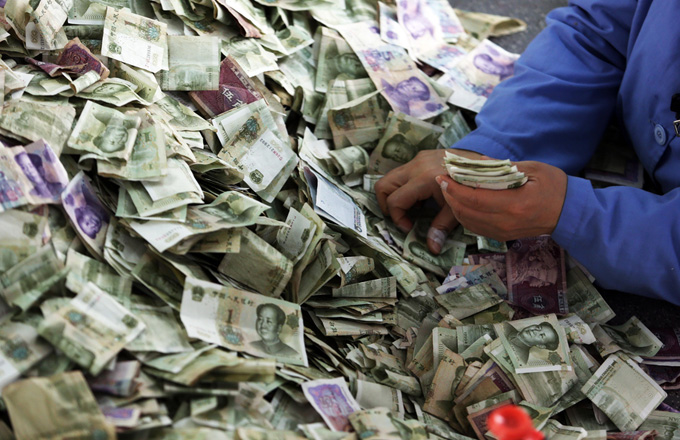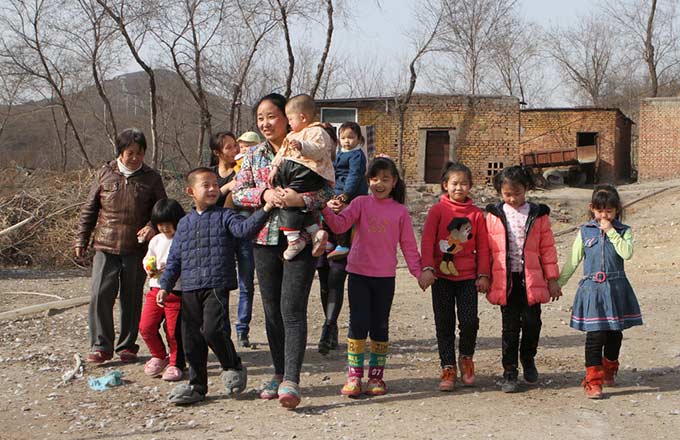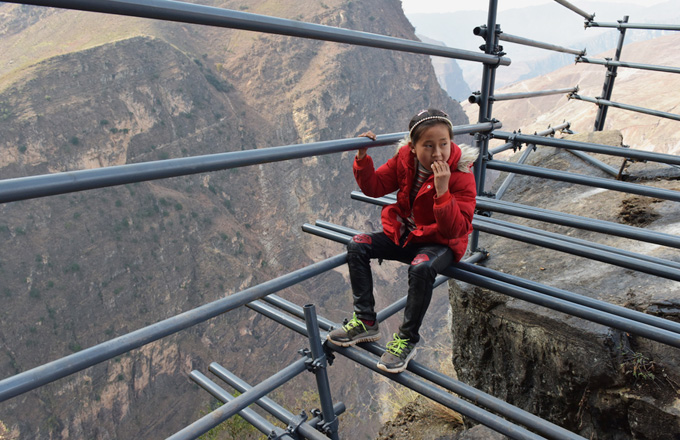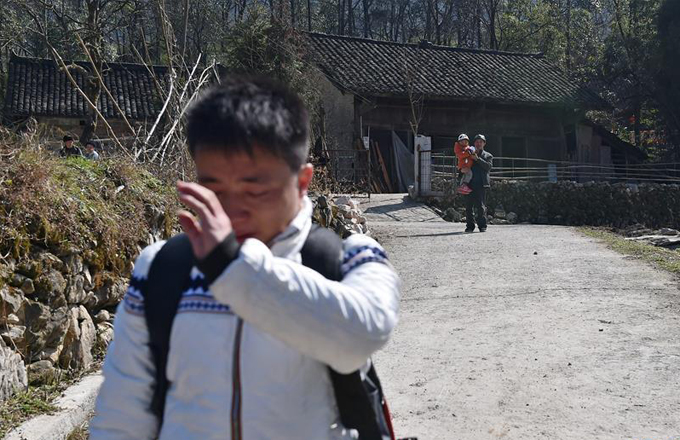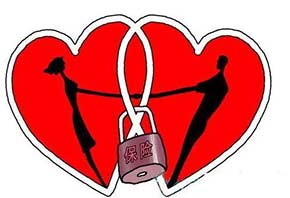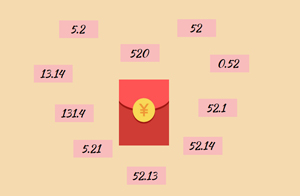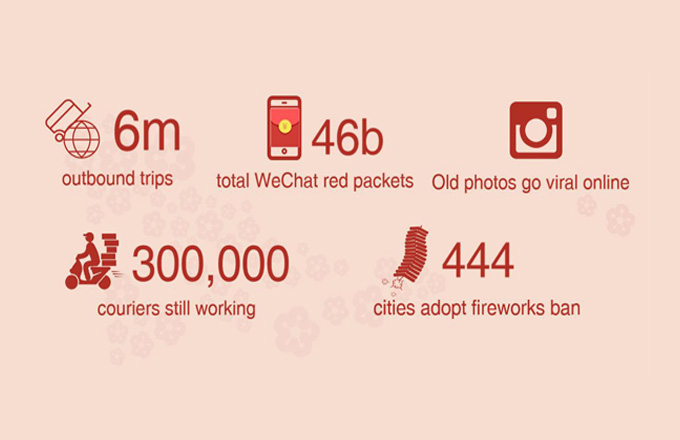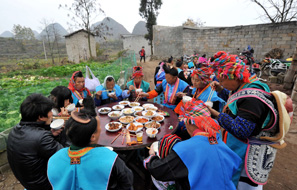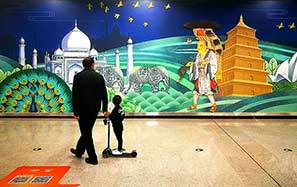Gates symbolize man's prosperity
Owning a pair of iron gates used to be Hui Yuzhu's dream, but today the ones he owns are lying in a storeroom gathering dust.
"In the past, I was too poor to install the gates," said the 65-year-old farmer, "but now my house is too good for them."
In rural areas of China, such as Hui's home village of Zhongdagou in the Tianzhu Tibetan autonomous county, Gansu province, iron gates used to be a status symbol.
Hui got married in 1982 and spent all his savings building a three-room mud-brick house on a hillside. Using 300 yuan ($44) that he had borrowed, he purchased a pair of iron gates.
He had planned to hold an elaborate ceremony to unveil the gates to his neighbors, while dressed in a red silk scarf. "But I didn't have enough money for the ceremony, so I decided to wait, and put the gates in a storeroom," he said.
As the years passed, Hui struggled to save any money. A lack of rain meant poor harvests and the wheat, corn and peas he planted on his tiny patch of land only brought him about 2,000 yuan ($292) per year.
He was not alone. Tianzhu is an impoverished county, tucked away deep in the mountains.
To combat rural isolation and alleviate the associated poverty, China began relocation programs in 2001. By 2011, one such program was instigated in Tianzhu.
"I thought to myself that the government would help us build better houses, where I could finally install my gates," said Hui, who was among the first villagers to be moved.
In 2014, he was able to build a new, two-story house using a 100,000 yuan-plus grant from the local government, combined with a similar amount that he had saved and borrowed.
Close to a main road, school and hospital, the new house is certainly an improvement over the last. Hui describes the building as "fashionable", adding that the iron gates "seem out of date" by comparison.
So instead of installing them, Hui, once again, put his gates back in a storeroom.
His ambition now is to raise livestock, using another 10,000 yuan grant given to him by the local government. He expects his son and daughter-in-law, who live and work in the Xinjiang Uygur autonomous region, to return home and help him with the business.
"This year we will begin feeding livestock. Then they will no longer need to leave," he said.
According to Hui's estimates, the new job could fetch him as much as 10,000 yuan per year, more than five times what he earned farming on the hill.
But those old iron gates have not been forgotten.
"I spent a fortune on them and will not throw them away," Hui said. "When it gets warmer we will build a bigger store room, and install the iron gates there."
More than 40,000 people from 9,583 households in Tianzhu have been relocated, according to Liu Ziyun, director of the county's relocation office. In 2013, Tian-zhu was home to 56,300 people living in poverty, but that number had dropped to 13,700 by the end of last year.






